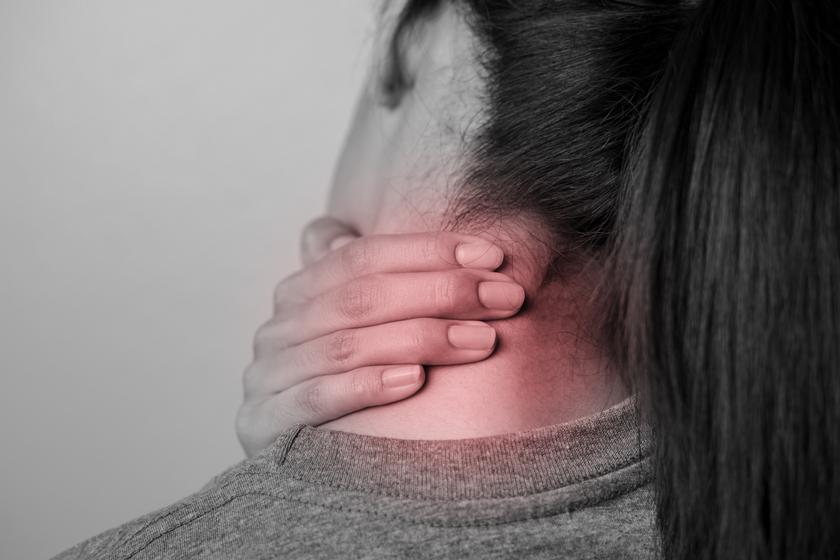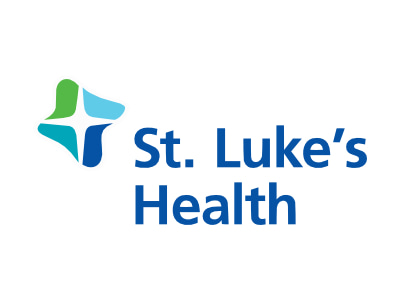- Categories :
- More
Think You Have a Neck Sprain? Here’s What to Know

Everyone experiences neck pain from time to time. This type of pain can range from mild to severe and stems from a variety of reasons, including tension, overexertion, poor posture and injury. When more severe, neck pain can interrupt your daily life and make it hard to do your favorite activities. In some cases, a sprain may be the cause. Is a neck sprain serious, and what should you do if you suspect you have one?
Symptoms of Neck Sprains
A sprain happens when a ligament, which connects bones to a joint, is stretched or torn. Neck sprains occur when a sudden movement causes the neck to twist or bend in an unnatural position. Hard falls, car accidents and sport-related impacts are common causes of neck sprains.
Symptoms of neck sprains include:
-
Pain that intensifies with movement, especially in the nape of the neck
-
Pain and muscle spasms in the upper shoulder
-
Pain in the rear of the head
-
Lack of feeling in a hand or arm
-
Pins-and-needles sensation or weakness in the arms
-
Problems sleeping and focusing
-
Stiffness and limited motion in the neck
Pain from a neck sprain often doesn’t appear until hours after the initial injury, or sometimes the next day. If you experience a neck injury, it’s a good idea to have it evaluated right away, even if no symptoms are yet present. If you have any of the following signs of a serious neck injury, seek medical attention right away:
-
Neck pain that occurs along with pain shooting through the arms and legs
-
Pain that doesn’t go away or get better over time
-
Severe pain that doesn’t go away with over-the-counter medications
-
Weakness, numbness or tingling in arms and legs
Diagnosing Neck Injuries
To diagnose a neck sprain, your doctor will ask questions about your injury and do a physical exam. During the exam, they will test your range of motion and check for tenderness.
Your doctor might also use X-rays to rule out any more serious injuries, such as a spinal fracture or dislocation. In some cases, CT scans or MRI can give more details to help in diagnosis.
Neck pain can sometimes be caused by other underlying physical conditions, such as infections, arthritis or compressed nerves. Your doctor will rule out other possible causes as part of the diagnosis.
Treating Neck Sprains
A neck sprain usually takes about four to six weeks for symptoms to resolve. During this time, treatment options include:
-
For the first few days, applying an ice pack several times a day for 15 to 30 minutes at a time to ease inflammation and discomfort
-
Taking over-the-counter pain relievers, such as acetaminophen, aspirin, naproxen or ibuprofen, as well as muscle relaxants for spasms
-
Wearing a soft collar around your neck to support your head and relieve pressure on ligaments
As you start to improve, your doctor might suggest other treatments, such as massage, therapeutic ultrasound and physical therapy. A physical therapist will likely use a combination of range-of-motion and isometric exercises, which tighten the muscles against an opposing force. A physical therapist might also perform traction, gently stretching the neck muscles using the hands or special equipment.
If you were injured playing a sport, don’t return to the activity until symptoms have completely resolved and you are given the green light from your doctor.
From your neck to your knees and beyond, make sure you’re in tip-top shape for spring adventures. Find a doctor at St. Luke’s Health.


















